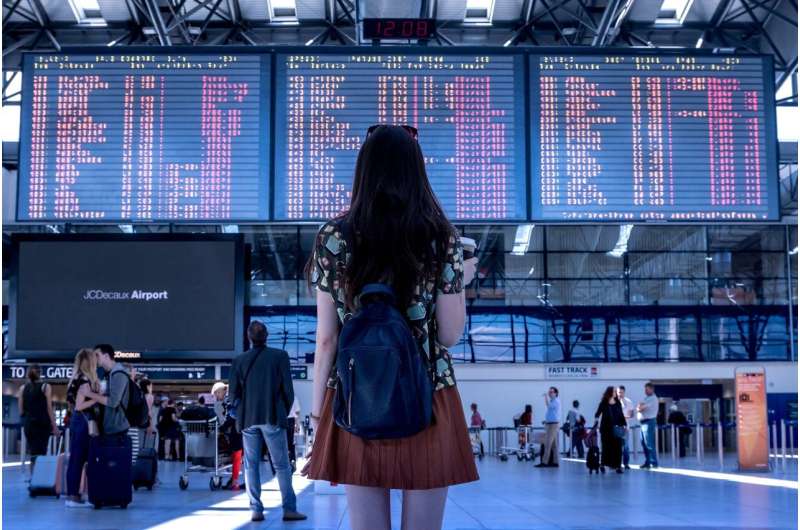Strategies to Overcome Anxiety When Flying

Learn practical strategies to overcome airplane anxiety and safely manage fear of flying through gradual exposure and cognitive-behavioral techniques.
Many individuals experience intense fear or anxiety related to air travel, which can hinder their travel plans and overall well-being. Understanding the nature of phobias related to flying is essential to effectively address and overcome this fear. Normal fears serve a protective function, warning us of potential dangers, but when fear becomes excessive, distressing, and disruptive to daily life, it qualifies as a phobia.
Phobias manifest through three core responses: cognitive (thoughts about something bad happening), physiological (physical reactions like sweating, trembling, or butterflies in the stomach), and behavioral (avoidance of situations that induce fear). Such disproportionate reactions often lead individuals to avoid flying altogether, which paradoxically prevents them from understanding that flying is generally safe.
Research suggests that gradual exposure to flying-related scenarios can help reduce fear. This approach, part of cognitive-behavioral therapy, involves activities like watching videos of flying, visiting airports to observe planes, or playing flight simulation games. The goal is to desensitize individuals to their fears and reinforce the reality that flying is one of the safest modes of transportation.
For those planning to actually fly, eventually taking short flights can solidify confidence and diminish anxiety. It's important to understand that aviation safety is highly regulated, and crashes are extremely rare given the frequency of flights worldwide. Avoiding the use of anti-anxiety medications is generally recommended during this exposure process, as they can prevent individuals from learning how to cope naturally with in-flight sensations.
For managing anxiety during a flight, engaging in enjoyable activities such as reading or watching movies can be helpful, alongside avoiding alcohol. Supporting loved ones through patience and encouragement plays a vital role in overcoming this fear. Remember, overcoming flight anxiety is a gradual process, and persistence is key.
Source: https://medicalxpress.com/news/2025-06-easing-airplane-anxiety.html
Stay Updated with Mia's Feed
Get the latest health & wellness insights delivered straight to your inbox.
Related Articles
Revolutionizing Mental Health Support for Breast Cancer Patients Through Artificial Intelligence
Artificial intelligence is pioneering new ways to support the mental health of breast cancer patients through early detection, personalized care, and accessible virtual support solutions.
Addressing Mental Health Needs of Cancer Caregivers: The Importance of Targeted Support Systems
A groundbreaking study reveals significant mental health challenges among Vietnamese caregivers of lung cancer patients, emphasizing the need for culturally sensitive support systems to improve caregiver well-being.
The Impact of Healthy Financial Habits on Mental Well-being
Discover how maintaining regular savings and responsible debt management can significantly enhance mental health and overall well-being, supported by recent Australian research.
Laughter as a Healing Tool: Exploring Its Therapeutic Benefits
Discover how laughter therapy can significantly reduce anxiety and improve life satisfaction, offering a simple and effective approach to mental well-being.



